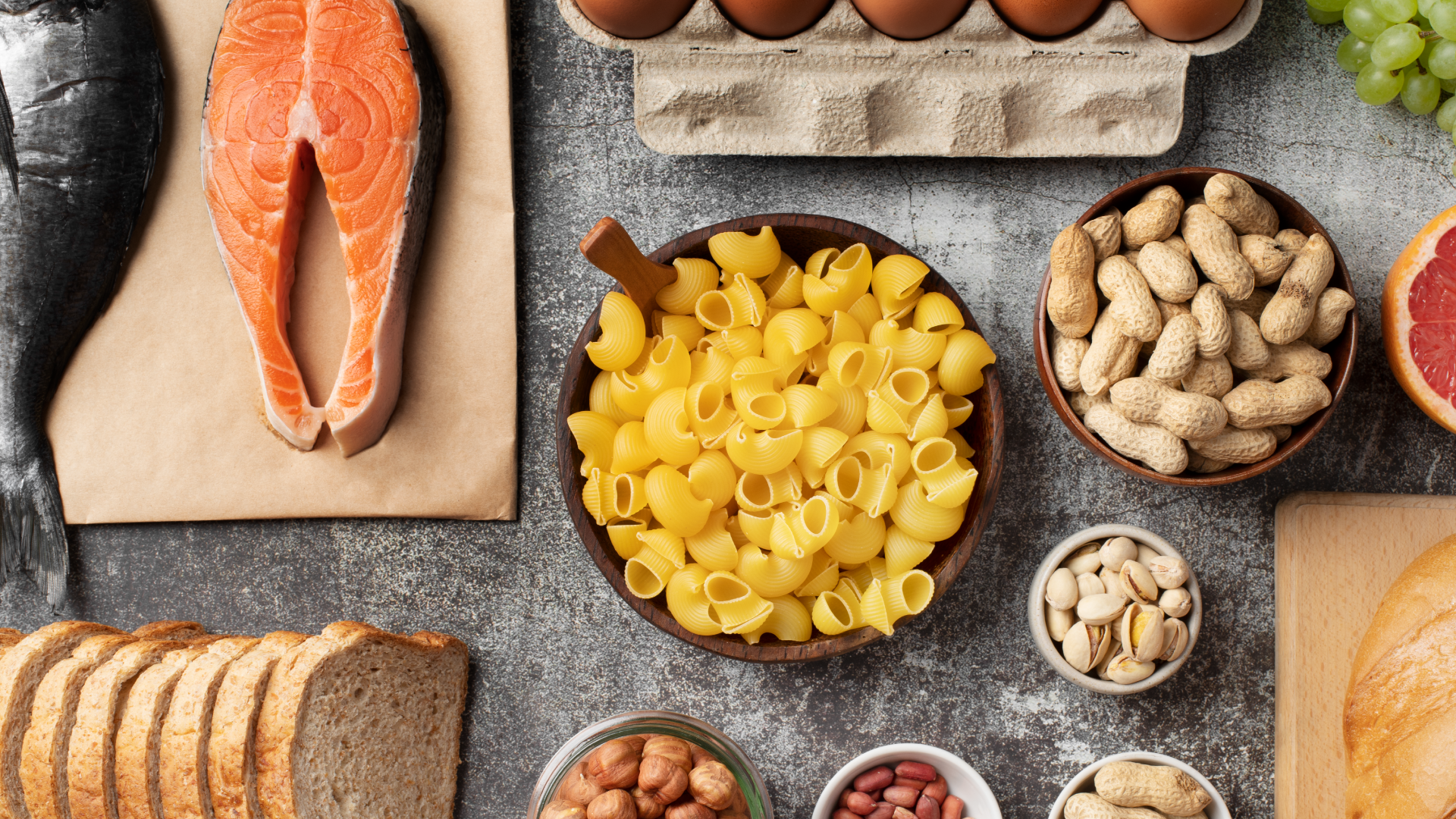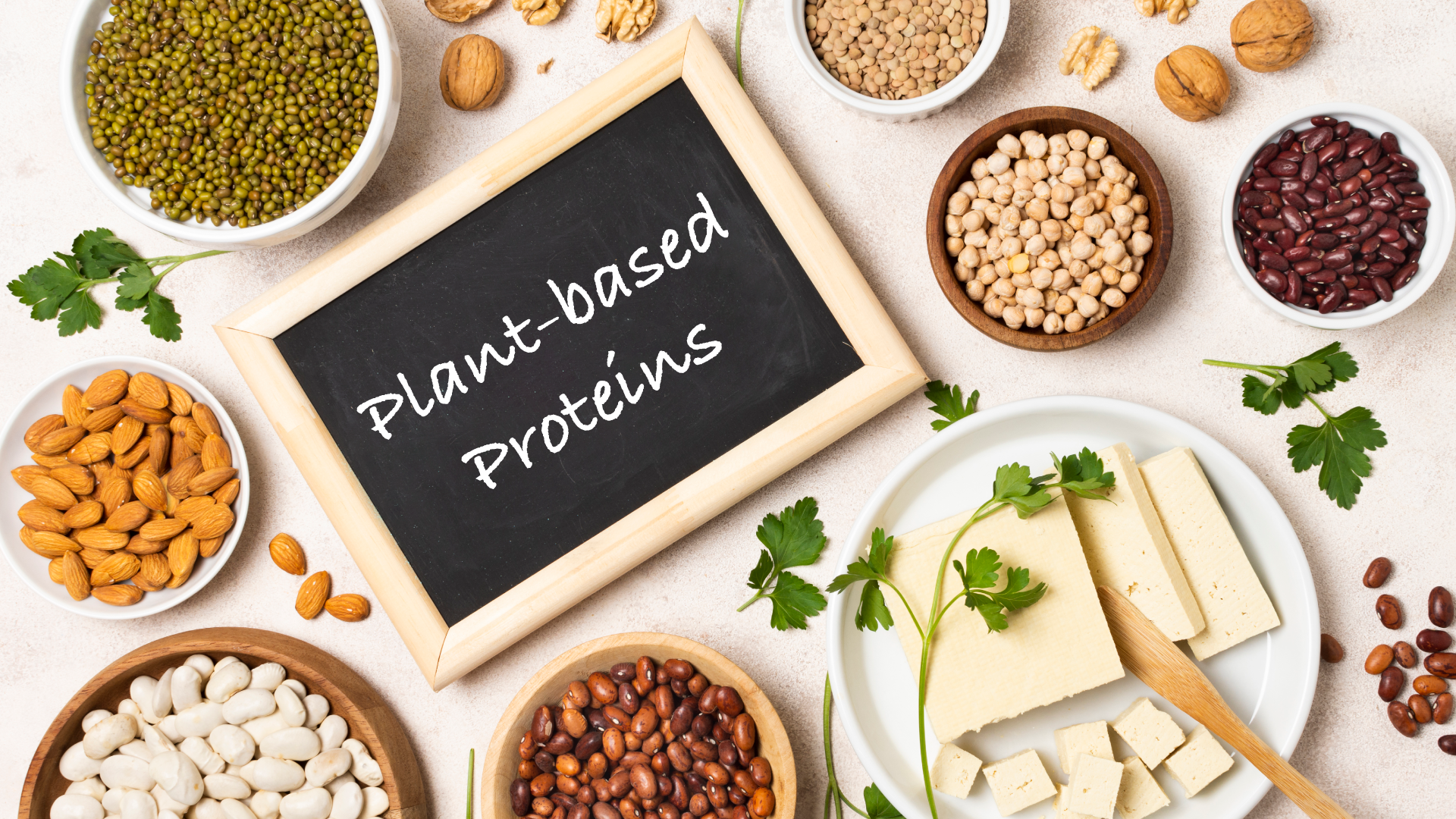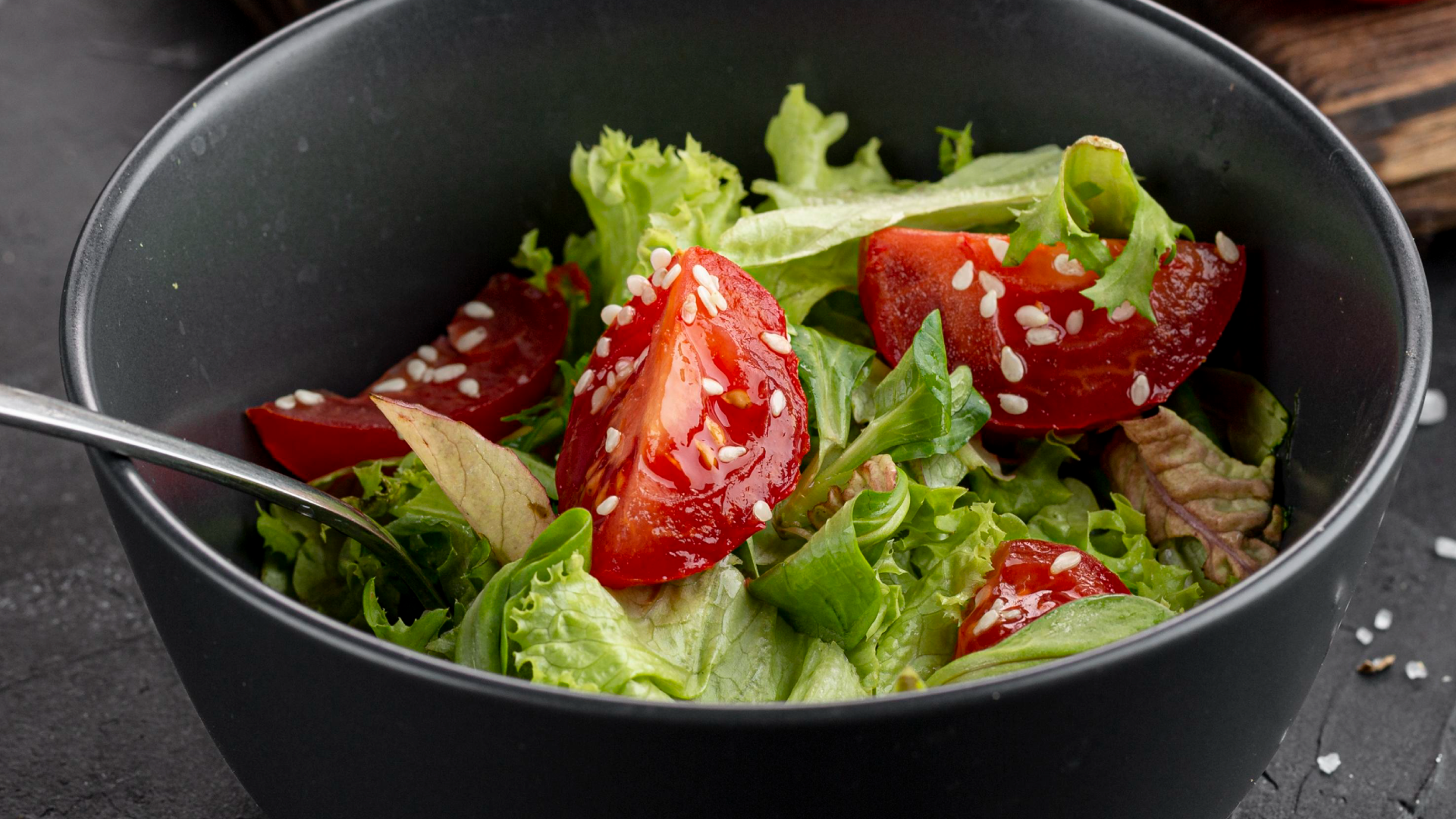Protein is essential in helping our muscles recover, supporting our immune system, and aiding in hormone production. Even though it’s crucial, many folks need help to get enough protein each day, which can result in muscle loss, a weaker immune system, and missing out on essential nutrients. This article explores practical ways to boost your protein intake, supported by research emphasizing the importance of adding more protein to your diet.
Understanding Protein Needs
The Recommended Dietary Allowance (RDA) for protein is set at 0.8 grams for every kilogram of body weight for adults. A person weighing 70 kg (154 lbs) should get around 56 grams of protein daily.
For older adults aged 65 and above, the International PROT-AGE Study Group suggests a protein intake of 1.0 to 1.2 g/kg of body weight to help combat muscle loss associated with aging. An older adult weighing 70 kg should aim to eat around 70 to 84 grams of protein each day.
To help preserve muscle mass, it’s recommended that people suffering from illnesses or malnutrition increase their protein intake to as much as 2.0 g/kg of body weight.
Studies show that people who eat about 1.1 grams of protein per kilogram of body weight lose 40% less lean body mass over three years compared to those who stick to the recommended daily allowance. This underscores the importance of getting enough protein to keep our muscles healthy.
Make sure to include protein-rich foods in each meal.
Adding high-protein foods to every meal is a great way to reach your protein goals. Aim for 25–30 grams of quality protein to help stimulate muscle protein synthesis (MPS). I’ve got some ideas to share:

- For breakfast, consider Greek yogurt (20g per cup) with a sprinkle of nuts or scrambled eggs (6g per egg) mixed with cheese and spinach.
- For lunch and dinner, consider enjoying grilled chicken breast, which offers 31g of protein per 100g, alongside quinoa, which provides 8g per cup, and some fresh vegetables. Alternatively, a warm bowl of lentil soup packed with 18g of protein per cup, served with whole-grain bread.
- Regarding snacks, consider high-protein choices like almonds, which offer about 6 grams per ounce, cottage cheese, which offers around 28 grams per cup, or protein bars, which typically weigh 20 grams. These are all great options that will keep you satisfied.
Studies indicate that adding protein to each meal helps people feel fuller, reducing the chances of overeating later.
Supplement with Protein Powder
Protein powder can be a convenient way to increase your protein intake, especially when you’re short on time or unable to meet your protein needs through whole foods. Consider:
- Whey Protein: A fast-digesting protein ideal for post-workout recovery.
- Plant-Based Protein: Options like pea or hemp protein are good for those avoiding dairy.
- Casein Protein: A slow-digesting protein that’s perfect before bed.
Protein supplements are versatile and can be added to smoothies, oatmeal, or even baked goods for an extra protein boost.
Research indicates that people who use supplements wisely can improve their diet and more readily achieve their protein targets.
Plant-based proteins.
As more people embrace plant-based diets, the popularity of proteins has increased. These proteins supply essential nutrients such as fiber and serve as a healthier option with less saturated fat than animal-based proteins. Here are some examples of sources for plant-based protein:

- Black beans pack a punch with 15g of protein per cup, making them a fantastic choice for tacos or salads.
- Chickpeas offer 15g of protein in every cup, making them a great addition to quinoa bowls or a tasty roasted snack.
- Nut butter is a fantastic choice for adding to smoothies or spreading on whole-grain toast.
A study in the American Journal of Clinical Nutrition shows that plant-based diets can offer enough protein and may lower the risk of chronic diseases, such as heart conditions.
Prepare meals using ingredients rich in protein
- Using high-protein ingredients in your cooking can boost your protein intake. Here are some meal ideas to think about:
- Enjoy a delicious stir-fry featuring tofu (15g per half-cup) paired with fresh vegetables for a wholesome dinner.
- Enjoy a hearty salad with grilled chicken or chickpeas for a protein-packed, fulfilling lunch.
- Whole grains like farro or barley add a nice boost of protein to soups or grain salads.
Studies show that meals prepared at home are healthier than those from packages, highlighting the importance of cooking for better nutrition.
Add Protein to Your Salads
Salads are often light on protein, but adding a few high-protein ingredients can transform them into more balanced meals. Consider adding:

- Grilled Chicken or Turkey: Lean and full of protein.
- Legumes: Chickpeas, black beans, or lentils provide plant-based protein.
- Quinoa: A protein-rich grain that also offers essential amino acids.
Make Portions Bigger
- Changing portion sizes can be a simple way to increase your protein intake without significantly changing your eating habits.
- For instance, if you bump your meat portion from 3 ounces to 5 ounces, you can pack enough protein without piling on too many calories. This change could give you 10-15 grams of protein in your meal.
- Including an extra egg or two in your breakfast can boost your intake by 12 grams.
Mindful eating practices invite people to pay attention to their hunger signals while slowly adding more high-protein foods.
Keep an Eye on Your Protein Intake
Using apps like MyFitnessPal or Cronometer can really help people track their daily protein intake.
Many people tend to eat more protein than what is recommended. On average, people worldwide consume about 68 grams of protein each day, with those in wealthier areas eating even more because they have better access to a variety of foods.
Keeping track of what you eat can show you patterns in your dietary habits, allowing you to spot any gaps in your nutrition and make thoughtful changes.
Conclusion
Boosting your protein intake can improve your health, helping you build muscle and support your metabolism. Start by recognizing what your body requires to meet your protein needs effectively. Include high-protein foods in every meal, use supplements thoughtfully, try plant-based alternatives, get creative in the kitchen, be mindful about portion sizes, and watch what you eat. Using these strategies can help improve health and enhance the quality of life.




